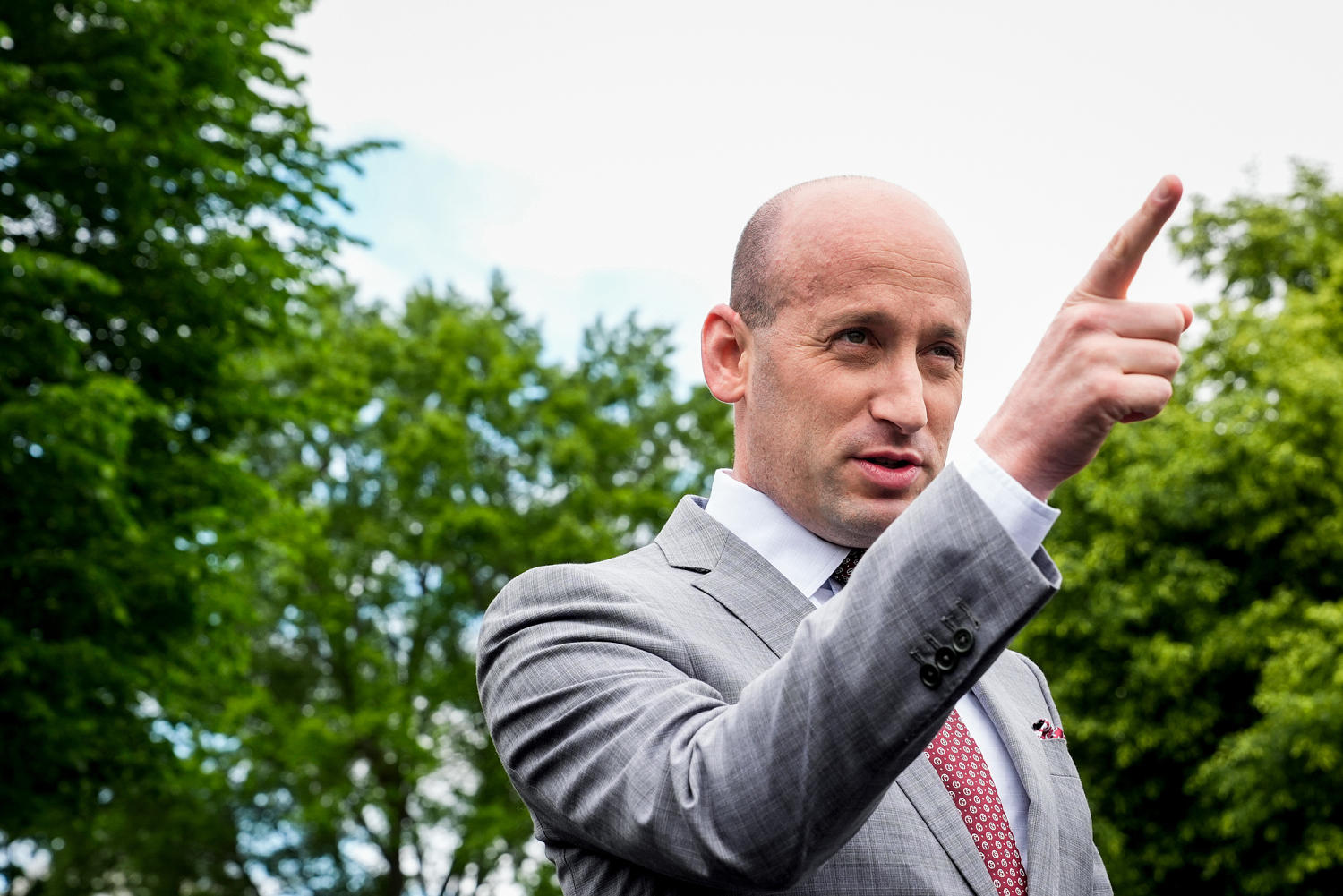
The Trump administration is losing right and left in the courts in its ongoing campaign to detain and deport anyone it wants to anywhere in the world. Now, according to White House official Stephen Miller, the administration is “actively looking at” whether to attempt to “suspend” the right to habeas corpus — that is, the ability to challenge being taken into custody and deported in the first place. Simply put, there is no constitutional or legal basis on which the administration could do this.
Last month, the Supreme Court issued a unanimous ruling in the case of Kilmar Abrego Garcia, a Maryland resident with protected status who was wrongfully deported to a Salvadoran detention facility. In that decision, the Court said with one voice that Abrego Garcia should have been given the opportunity to challenge his detention and deportation.
Lawyers have used this legal mechanism to challenge detentions by government officials for centuries.
That ruling followed an earlier decision in which the court found, at a minimum, that such challenges should be filed as what are known as habeas petitions. While the court was divided in that ruling over where such cases should be filed, though, no justice disputed that the right of habeas was available to the detainees.
The court’s unanimity reflected the fact that lawyers have used this legal mechanism to challenge detentions by government officials for centuries, dating all the way to 13th century England and the Magna Carta. In the Declaration of Independence, the colonists raised the claim that King George III was “transporting” colonists “beyond Seas to be tried for pretended offences.” Shipping someone facing trumped up charges like sedition beyond the reach of American courts made a petition for habeas corpus — which literally means “present the body” — filed in the colonial courts futile. Once a colonist was spirited away to England, American courts had no jurisdiction to force British officials to justify the arrest, detention and trial of colonists in British courts.
This is one reason why the framers would provide in the U.S. Constitution that the writ of habeas corpus, carried over from British law, “shall not be suspended, unless when in Cases of Rebellion or Invasion the public Safety may require it.” Note that this provision contains two explicit qualifiers: not just “in Cases of Rebellion or Invasion” but also only when “the public Safety may require it.”
But despite what Miller’s remarks might suggest, the authority to suspend the writ is placed in Article I, which outlines the powers of Congress, and not Article II, which lists those of the Executive branch. In the four instances this clause has been exercised, the suspensions were largely carried out through acts of Congress. During Reconstruction, for example, Congress passed the Ku Klux Klan Act of 1871, which permitted President Ulysses Grant to suspend the writ to quell the KKK’s campaign of racial terror.
Even when, during the Civil War, President Abraham Lincoln suspended the writ on his own, Congress ultimately stepped in to endorse the effort. But Supreme Court Chief Justice Roger B. Taney addressed whether Lincoln’s actions were appropriate before congressional authorization. In Ex Parte Merryman, Taney, sitting as a federal circuit court judge, wrote an opinion stating that the suspension required legislation duly enacted by Congress.
Despite what Miller’s remarks might suggest, the authority to suspend the writ is placed in Article I, which outlines the powers of Congress.
Taney, not one to casually support legal rights, given that he wrote the infamous Dred Scott decision, explained that the colonists had “themselves lived under” the protection of the writ of habeas corpus, and “were well aware of the necessity of this safeguard for their personal liberty.” He stated further that “no one can believe that, in framing a government intended to guard still more efficiently the rights and liberties of the citizen, against executive encroachment and oppression, they would have conferred on the president a power which the history of England had proved to be dangerous and oppressive in the hands of the crown.”
Courts have reviewed efforts to curtail the reach of habeas petitions, most recently in a series of cases involving detainees being held on Guantanámo Bay, Cuba, after the events of Sept. 11, 2001. In case after case, the Court affirmed the right of individuals, even those charged explicitly as “enemy combatants,” to have their day in court.
In Federalist 84, Alexander Hamilton wrote, “The subjecting of men to punishment for things which, when they were done, were breaches of no law, and the practice of arbitrary imprisonments, have been, in all ages, the favorite and most formidable instruments of tyranny.” Miller may claim that the administration is “looking at” suspending habeas corpus. The law, however, is clear: They may look all they want at this power, but they cannot touch it.

Leave a Reply